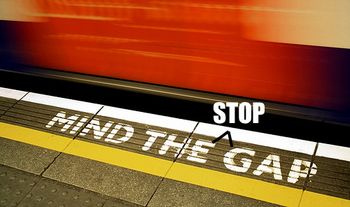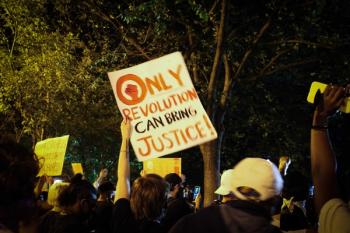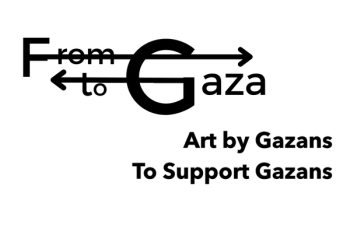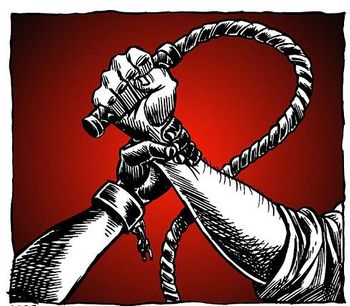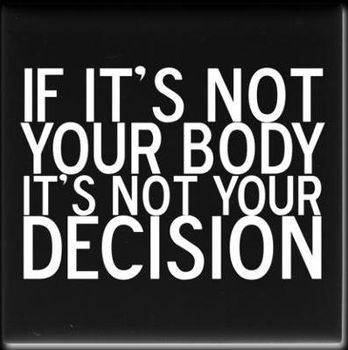
An Activist’s Critique of Appealing Activism
2017-01-10
by Eleanor Goldfield
Let me preface this post by saying that it is mostly stream of conscious – few edits have been made and some rambling or tangential musings may occur.
Let’s pretend for a moment that I don’t have a problem with necessarily starting every meeting with an ‘exercise’ that feels like it’s from a corporate retreat handbook. Let’s also pretend for a moment that I don’t have a problem with singing a song to get everyone ‘loosened up’ or setting an intention for my participation in the meeting. My own humbug Anti-Kumba Ya issues when it comes to how many if not most activist meetings begin is not the point of this post.
Instead, I’d like to take a moment to critique targets and tactics. I won’t get into details since some of the information is not for widespread public consumption (although I’m probably overestimating my blog’s reach). In my 15+ years as an activist, I’ve found that there are two basic types of actions: ones that appeal to the government for help and ones that don’t. In my experience, the ones that don’t are the ones that succeed. I will get into what constitutes success later but let me point out that there is a difference between appealing to government and directly protesting something that the government can make a move on. In other words, asking is different than demanding. The main difference between the two is longevity and consequences. Asking on a base level is a phone call, a petition. It is also, however, an action whose purpose is to change the mind of a lawmaker. Put simply, if they’re on your radar in the first place, it’s unlikely that your action, regardless of how many clever signs you make, will change their mind. If we agree that the system is corrupt and the people who make decisions for profit over people and planet are dangerously unfit to govern – why spend time appealing to them? What makes them likely to listen to you? If you think that dressing up as a polar bear will pull at their heart strings, consider how you felt the last time you saw counter-protestors at an event waving American flags and sieg heiling. Yeah, that’s how they see us. The only thing that makes them listen is power. And our power lies in the understanding that we have none, as Vaclav Havel put it. Once we acknowledge how powerless we are in this system, we can begin to take that power back. But that can not be done by appealing to the system that took it away.
If you’re gonna march, don’t ask permission. I can still recall how deflated I felt when I attended a march in Hollywood that, through the permitting process, found itself cocooned from the outside world – lines of cops and blockades creating an echo chamber for our chants and calls to end war. It was essentially a block party for people who already agreed with each other. That can be fun, sure, but it’s not a successful action considering the goal is to stop war. It is in fact, just a sanctioned display of our powerlessness. And the ruling elite just love it.
What they don’t love is losing money and losing power – there’s a reason that direct actions that target for example, dirty energy projects, are successful (though not as successful as they would be if more people joined in). It’s because they cause dents in the bottom line. They cause delays. They cause PR nightmares. They cause problems. And that’s really the core issue – if you’re not willing to cause problems for the system, you’re not willing to be an activist. And at this point in our human history, we need activists. We need people who are willing to be ungovernable. We need people who are willing to let go of the hope that the Democrats will save the day, that they won’t let Trump’s nominees through – which by the way, they will – it’s almost a statistical certainty. They’re corrupt and with each action focused on asking for help, we in essence tip our hat to their corruption. Asking for help is asking for more.
But if we demand change – by not only showing up en force unannounced but by building our own alternatives – we become the kryptonite that can bring this system down. Examples: TPP failed because activists tirelessly worked on the issue for more than 4 years – demanding then and still demanding fair trade rather than free trade. Banks pulled out of DAPL because they were losing too much money in the hold-up, thanks to the protectors in North Dakota – who, were also creating an alternative to a capitalist, patriarchal society in their camps. Outside of the US, we can learn from the Zapatistas in Mexico, the Rojava in Syrian Kurdistan, the communal movement in Venezuela and many others.
If we refuse to accept the legitimacy of this system, we can beat it. If we continue to acknowledge its power, we diminish our own. Don’t ask permission, don’t kneel or take their word for it. Choose targets and tactics that build the success of the people and the planet, not the system. For the system is not building for you or the planet – it is building for profit – and it will not stop until it has destroyed us, the planet and finally itself.
So for those singing “Which Side Are You On?” outside of Congress – we already know which side they’re on. Our job now is to build OUR side – the side for people and planet – to be ungovernable by a government corrupted. Any other side is still THEIR side.
(Re: image. Obama only stopped half of the KXL. The other half is flowing and pumping just fine. We’re also being sued under the ISDS clause in NAFTA for TransCanada’s loss of profits. He also ok’d 2 major pipeline projects while protectors in ND were being beaten, hosed in sub-zero temperatures, attacked by dogs, tear gassed, hit with grenades and otherwise harassed and oppressed by Obama’s administration and the over-arching system)














